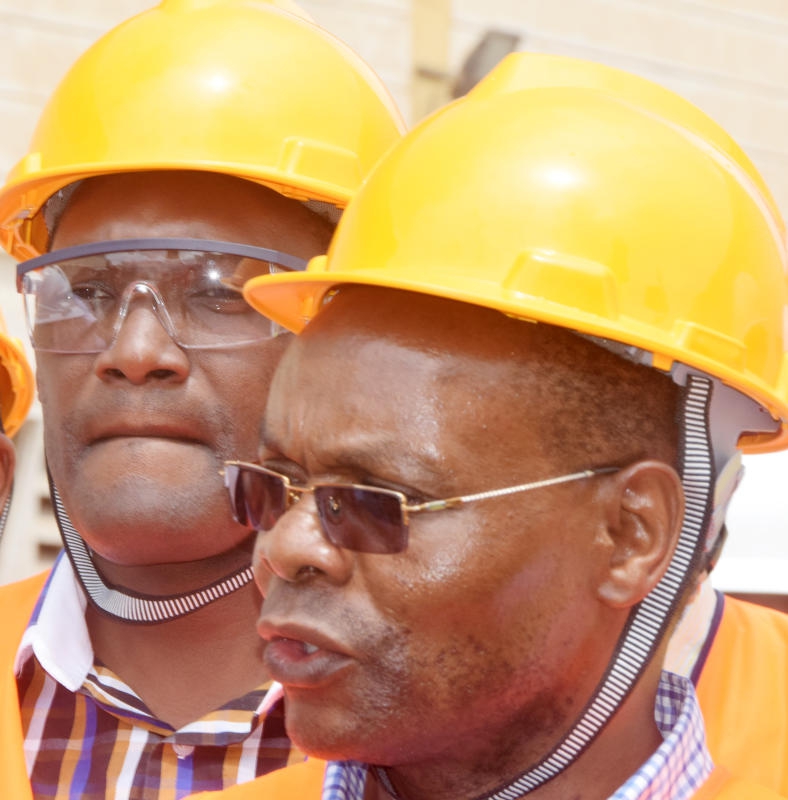×
The Standard e-Paper
Fearless, Trusted News

Kenya Bureau of Standards (Kebs) will foot part of the Sh250 million bill to adopt building standards used in Europe.
Kebs Managing Director Charles Ongwae said the organisation will take up part of the bill from its budget but called on industry stakeholders to chip in.